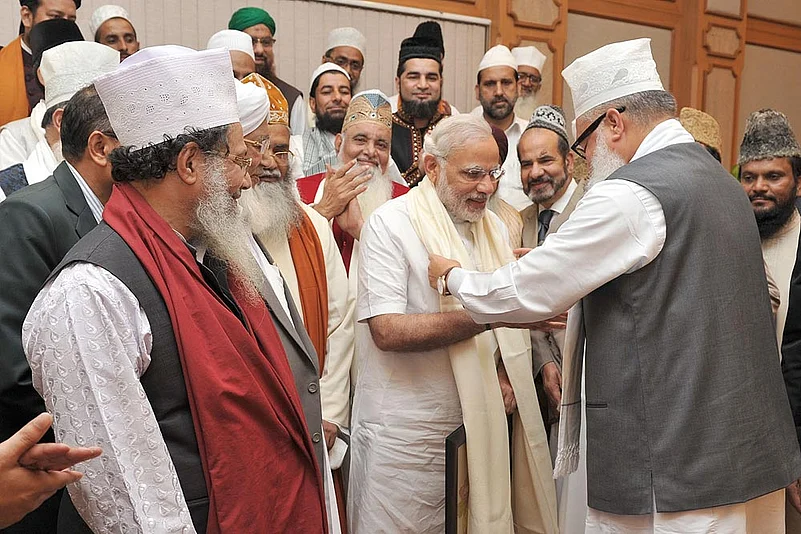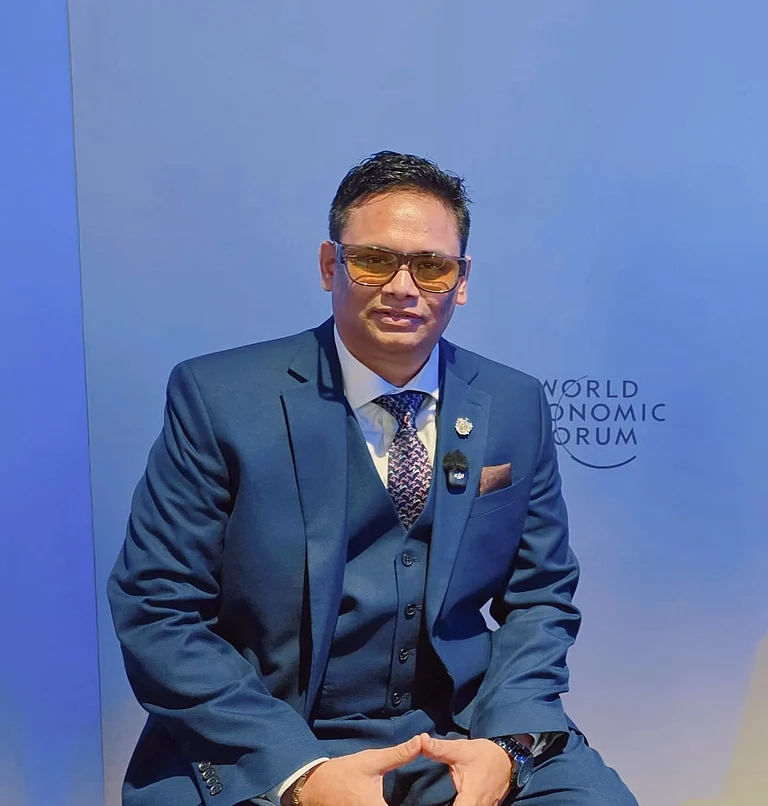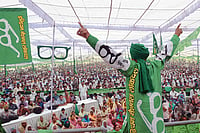- The Event: An international conference on Sufism in Delhi that has the nod of Prime Minister Narendra Modi
- The Agenda: To present pluralistic, spiritual Islam as an antidote to the growing influence of extremist groups like the ISIS
- Other Angle: After the Bihar debacle, the BJP has realised that polarisation won't work. Muslims must be wooed.
***
Is the leopard changing his spots? All indications suggest that Prime Minister Narendra Modi is making a serious effort to woo the Muslim community. Or at least one section in particular. Preparations are on for a high-profile Sufi gathering in Delhi in a few weeks. This followed a meeting between Modi and a delegation of Sufi saints at his official residence last August, where he declared, “Sufi saints are an integral part of Indian ethos and Sufism contributed significantly to the creation of a pluralistic, multicultural society in the country.” He clearly believes that Sufi ideology is an antidote to the propaganda emerging from extremist Muslim organisations and terror groups like IS targeting Indian Muslims on social media.
Those who follow such developments within the BJP and outside say it’s not a mere mood swing but a concerted effort to woo Muslims, especially after the Bihar electoral debacle in which the attempt to polarise majority Hindu votes backfired badly. This year, with five states going to the polls, the Muslim vote cannot be ignored. The International Sufi Conference—a three-day event starting March 17—is the first step. Asif Ibrahim, a former director of the Intelligence Bureau and Modi’s newly appointed special envoy on counter-terrorism, is coordinating the event on behalf of the government. The organiser, Maulana Mohammed Ashraf Kichchawchchvi, head of All-India Ulema and Mashaikh Board (AIUMB), an apex body of Sunni-Sufi Muslims of India, says he has the support of the highest office in the country. Asked about the specific role of Asif Ibrahim, Kichchawchchvi says, “We have the support of the government. We need it to expedite visas etc to enable delegates to travel to India. The government is serious about containing extremism by the spreading of true teachings of Islam.”
The inauguration will take place in Vigyan Bhawan, likely to be attended by the prime minister, followed by a two-day seminar at Delhi’s Islamic Centre, at which papers will presented by Sufi scholars from all over the world, including Pakistan, Iran, Bangladesh, the US and the UK. The event will culminate with a public function at Ramlila Maidan on March 20. Shah Ammar Ahmad alias Nayyar Mian, another prominent member of the organising committee, is also president of the Uttar Pradesh unit of AIUMB. The state will have assembly elections next year. He claims the support of all (around 600) Sufi dargahs in the country, including Ajmer Sharif, where he plays a prominent role. The agenda of the conference is not very different from Modi’s envisioned role of Sufism against extremism. “We are concerned with the growing violence and terrorism in the name of Islam. ISIS is dangerous for world peace. This conference will show the true face of Islam, which teaches brotherhood and tolerance,” says Shah Ammar Ahmad.
This is in stark contrast to the rhetoric around the Bihar elections, in which pro-BJP campaigners called for Muslims to go to Pakistan. Even after the Pathankot attack, voices in the Sangh parivar have been muted as far as anti-Muslim statements are concerned, suggesting that the message has gone down to affiliated organisations. On the other hand, the upcoming conference has caused divisions within the sect. The supreme leader of Sufism in India, Deevan Syed Zainul Abedin Ali Khan of Ajmer, is not going to participate. “This is political. This is not to unite but to divide people,” he says, and raises questions on the credentials of some of the organisers. Peerzada Rais Mian Chishti Sajjadanashin of the holy shrine of Hazrat Sheikh Saleem Chishti says he keeps away from any government-sponsored conference of this nature. Many other top Sufi shrines have declined participation. Against that backdrop, Modi’s outreach to Muslims could actually end up dividing the community even further.


























